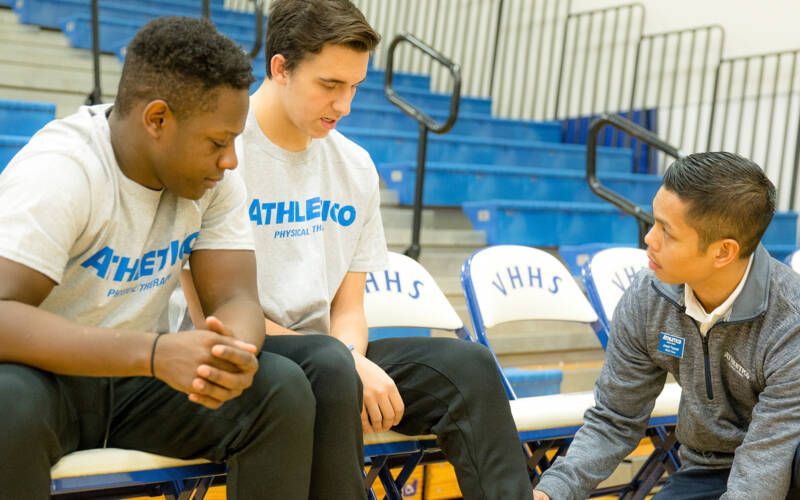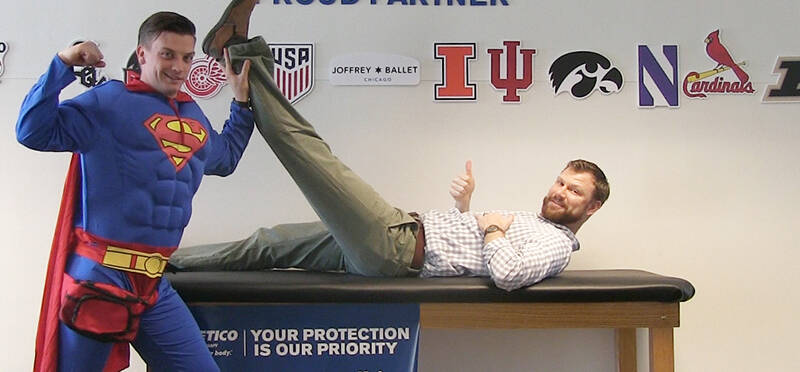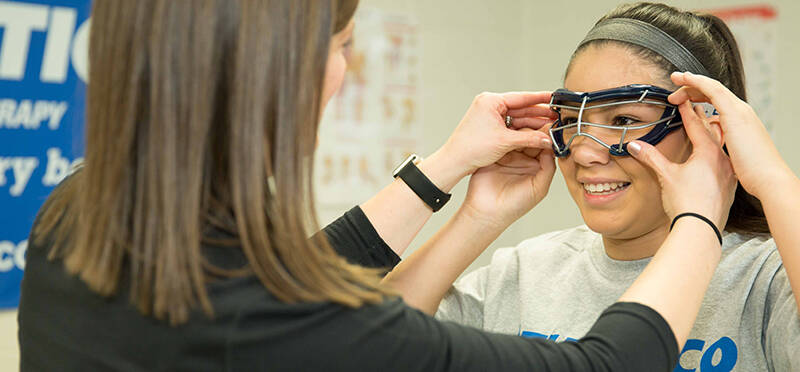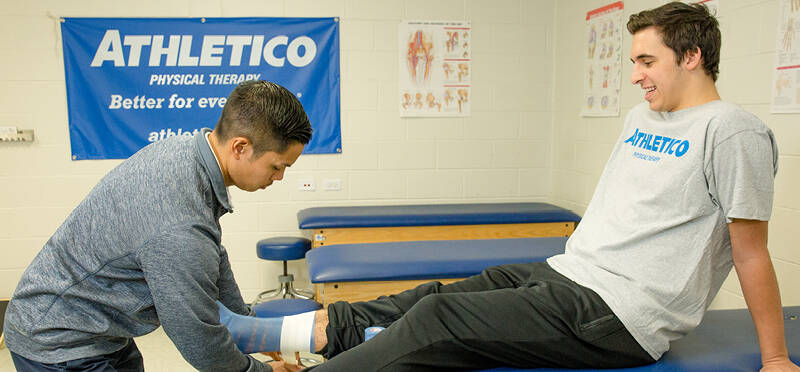Tips to Help Student Athletes Reach Peak Performance
Posted on September 1, 2017 by Athletico
The Spring sport season is right around the corner! With the start of a new sports team, the beginning of...
(more…)










